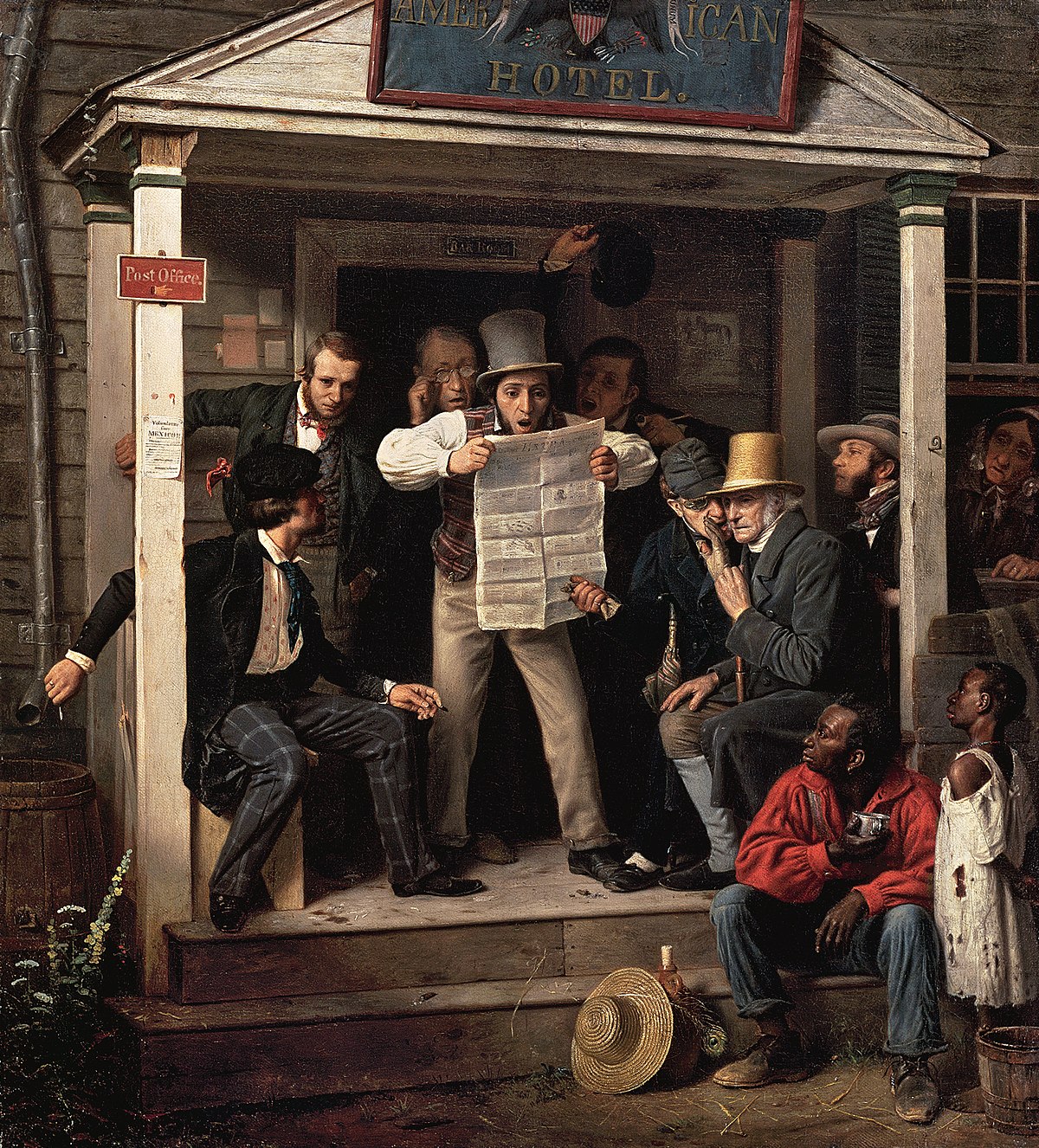
Declarations of War
Washington D.C., DC, USAPolk received word of the Thornton Affair, which, added to the Mexican government's rejection of Slidell, Polk believed, constituted a casus belli. His message to Congress on May 11, 1846, claimed that "Mexico has passed the boundary of the United States, has invaded our territory and shed American blood upon American soil."
The U.S. Congress approved the declaration of war on May 13, 1846, after a few hours of debate, with southern Democrats in strong support. Sixty-seven Whigs voted against the war on a key slavery amendment, but on the final passage only 14 Whigs voted no, including Rep. John Quincy Adams. Later, a freshman Whig Congressman from Illinois, Abraham Lincoln, challenged Polk's assertion that American blood had been shed on American soil, calling it "a bold falsification of history". Regarding the beginning of the war, Ulysses S. Grant, who had opposed the war but served as an army lieutenant in Taylor's army, claims in his Personal Memoirs (1885) that the main goal of the U.S. Army's advance from Nueces River to the Rio Grande was to provoke the outbreak of war without attacking first, to debilitate any political opposition to the war.
In Mexico, although President Paredes issued a manifesto on May 23, 1846, and a declaration of a defensive war on April 23, the Mexican Congress officially declared war on July 7, 1846.
